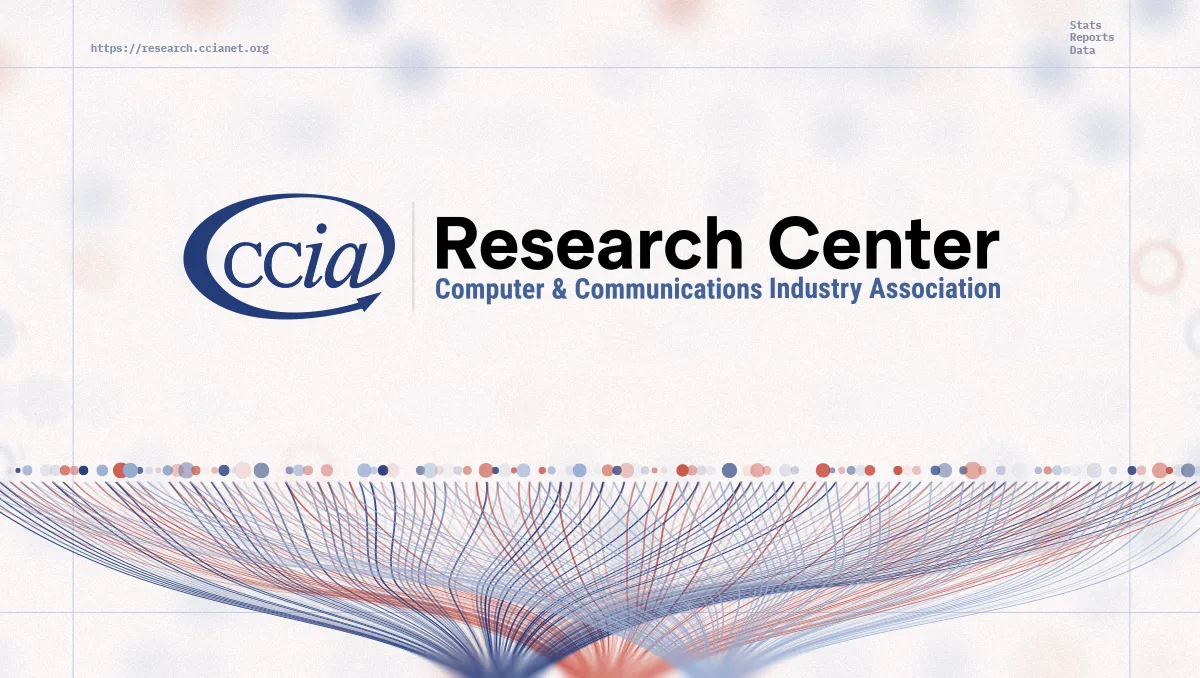The Internet Isn’t Harmful to Your Mental Health, Oxford Study Finds

Internet use, specifically social media consumption, and its impact on teen mental health have made headlines, fanning fears over the potential negative effects of the internet. But a University of Oxford study has found that, despite widespread concerns to the contrary, going online was not linked to psychological mental effects for any age group – including young women.
The researchers compared two studies in particular. The first contrasted the psychological well-being of 2,434,203 people in 168 countries over 16 years with their mobile-broadband subscription and internet usage. The second examined data on three types of mental health designations (i.e. anxiety, depression, and self-harm) across 202 countries over 19 years. The Global Burden of Disease, which the researchers relied on for their results, defined anxiety disorders as “incorporate disability caused by experiences of intense fear and distress in combination with other physiological symptoms”; depressive disorders as an “aggregate cause incorporates disability from major depressive disorder (MDD) and dysthymia”; and self-harm as “deliberate bodily damage inflicted on oneself resulting in death or injury.”
The results were startling: The meta-analysis failed to find a statistically significant link between internet use and mental health or psychological well-being. By engaging with such a large quantity of data over a long period of time, the researchers hoped to prove whether or not internet adoption might predict psychological harms for the public at large. Then they analyzed the data to isolate specific sex- and age-based groups.
But instead, the researchers found that there was no such convincing link. While there were some small positive and negative associations here and there, any such variance in the data was not scientifically meaningful. For example, researchers found evidence that, for the average country, life satisfaction had increased more for women over the period of time they studied, but concluded such takeaways were not statistically significant.
As one of the researchers, Professor Andrew Przybylski of the Oxford Internet Institute, stated in a press release, “We looked very hard for a ‘smoking gun’ linking technology and well-being and we didn’t find it.”
While many shocking articles in the media purport teen girls are suffering from increasing mental health problems due to the internet, the researchers did not find evidence for such a dire mental health epidemic linked to online use. Rather, the researchers found “that the past 2 decades have seen only small and inconsistent changes in global well-being and mental health.” Breaking down the data into both sex- and age-based groups failed to reveal any specific negative demographic patterns.
“We meticulously tested whether there is anything special in terms of age or gender, but there is no evidence to support popular ideas that certain groups are more at risk,” said Przybylski.
The study also pointed out earlier research that had painted the internet as a harmful force suffered from several defects. Claims of evidence for internet-facilitated harms contained errors like inaccurately measuring engagement with the internet and related technologies, biased convenience samples, and reliance on self-reported evaluations.
But more research must be done. While this meta-analysis was “the first to study this topic within a global perspective,” the authors specifically highlighted the need for investigation into other demographic, economic, and cultural factors that were outside the scope of their study.
The results of this study are consistent with a significant quantity of prior research as reported by Techdirt, including several other Oxford studies:
- In the fall of 2022, the widely respected Pew Research Center did a massive study on kids and the internet, and found that for a majority of teens, social media was way more helpful than harmful.
- In May of 2023, the American Psychological Association (which has fallen for tech moral panics in the past, such as with video games) released a huge, incredibly detailed, and nuanced report going through all of the evidence, and finding no causal link between social media and harms to teens.
- Soon after that, the US Surgeon General came out with a report which was misrepresented widely in the press. Yet, the details of that report also showed that no causal link could be found between social media and harms to teens. It did still recommend that we act as if there were a link, which was weird and explains the media coverage, but the actual report highlights no causal link, while also pointing out how much benefit teens receive from social media).
- A few months later, an Oxford University study came out covering nearly a million people across 72 countries, noting that it could find no evidence of social media leading to psychological harm.
- The Journal of Pediatrics published a new study in the fall of 2023 again noting that after looking through decades of research, the mental health epidemic faced among young people appears largely due to the lack of open spaces where kids can be kids without parents hovering over them. That report notes that they explored the idea that social media was a part of the problem, but could find no data to support that claim.
- In November of 2023, Oxford University published yet another study, this one focused specifically on screen time, and if increased screen time was found to be damaging to kids, and found no data to support that contention.
Regardless of the abundance of evidence refuting internet-linked mental health concerns, many firms are actively taking steps to ensure surfing the web is safe for everyone. On top of the individual efforts technology companies are making to help promote a safer internet, they have also formed a partnership specifically to ensure consumer trust and safety online. The Digital Trust & Safety Partnership brings together tech companies, both big and small, to “develop industry best practices and verify their implementation through independent third-party assessments.”
While this research may be a reassuring counter to overblown fears, it is important to keep in mind that this is a global look that aggregates millions of data points, and does not necessarily negate the need for internet safety measures. This is precisely why tech companies are taking the initiative to ensure everyone – including teens – are safe online.








